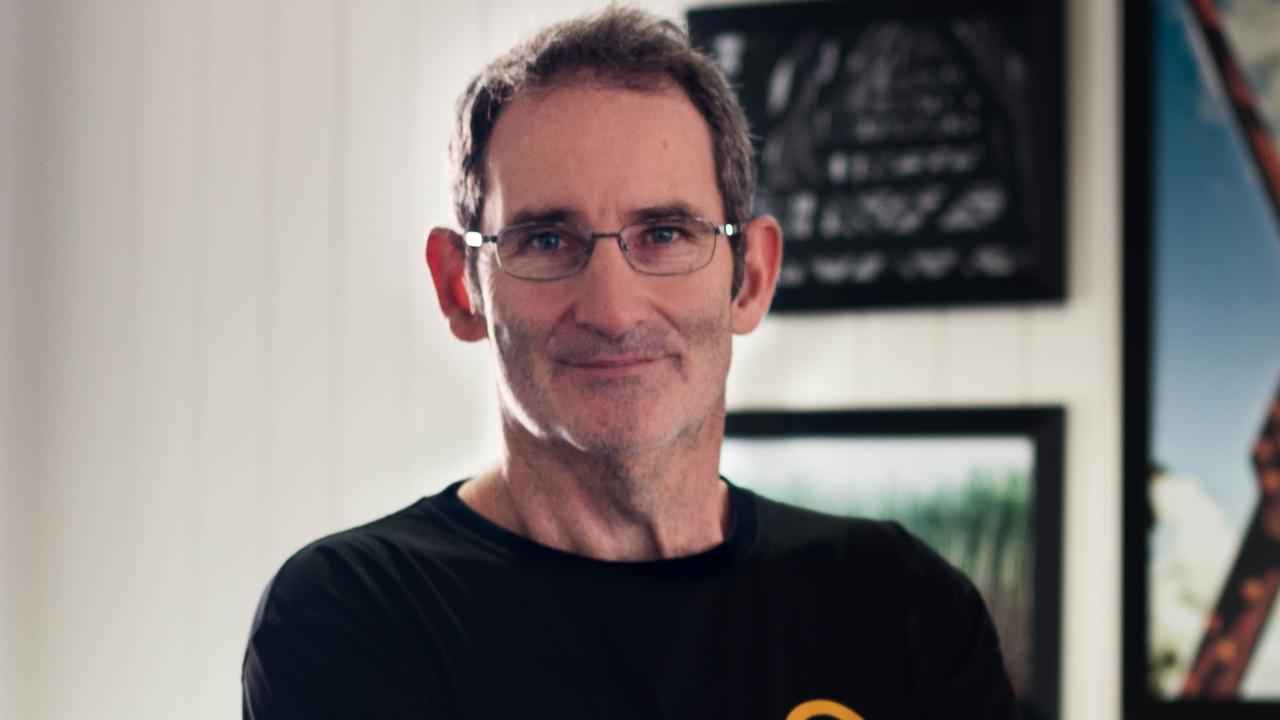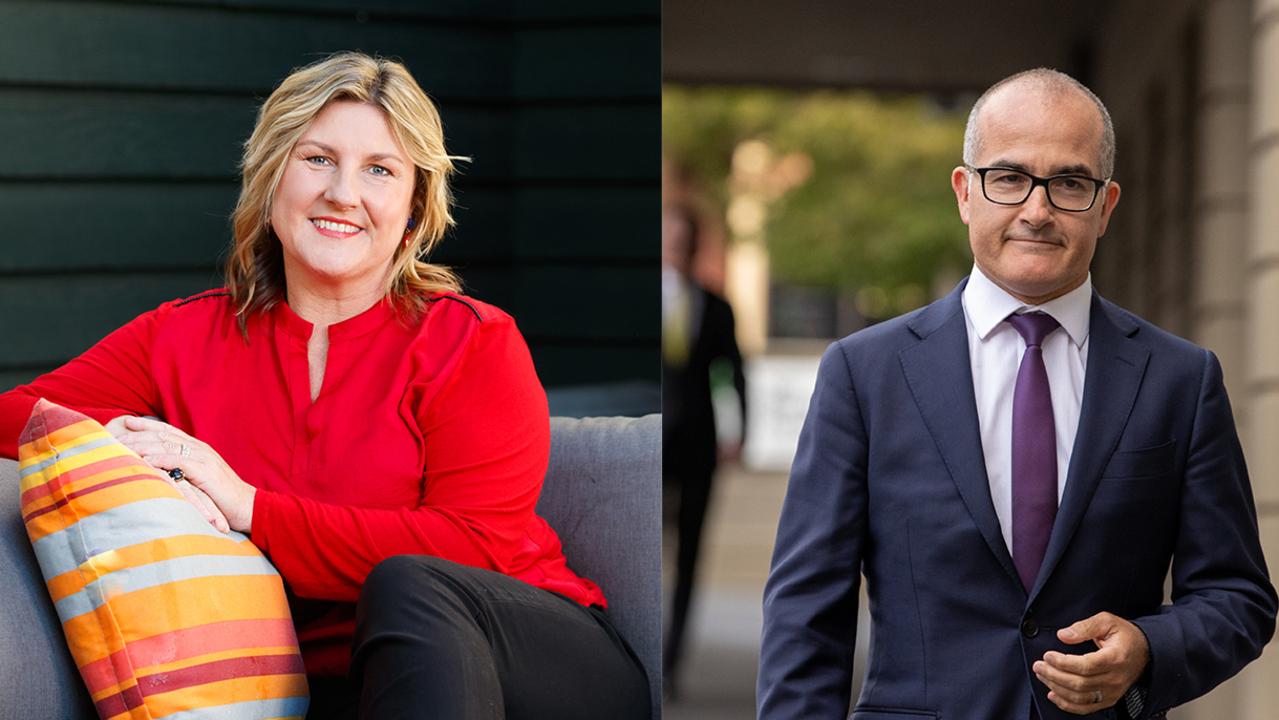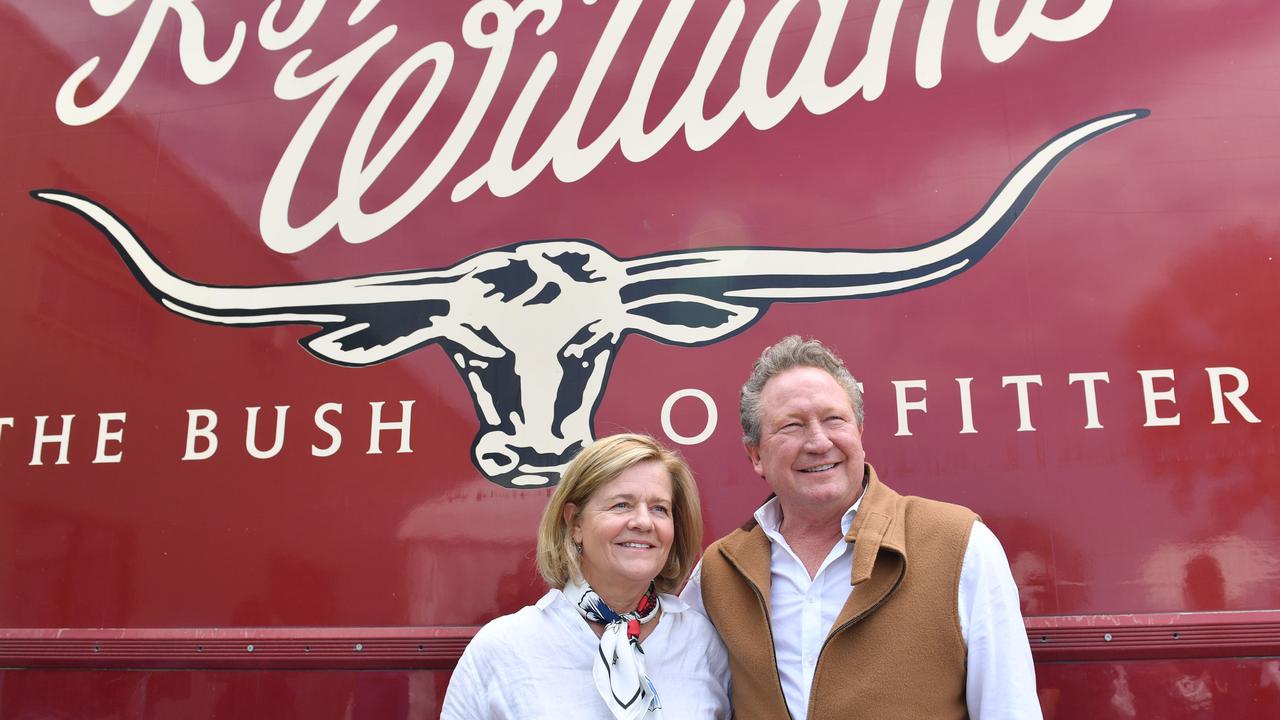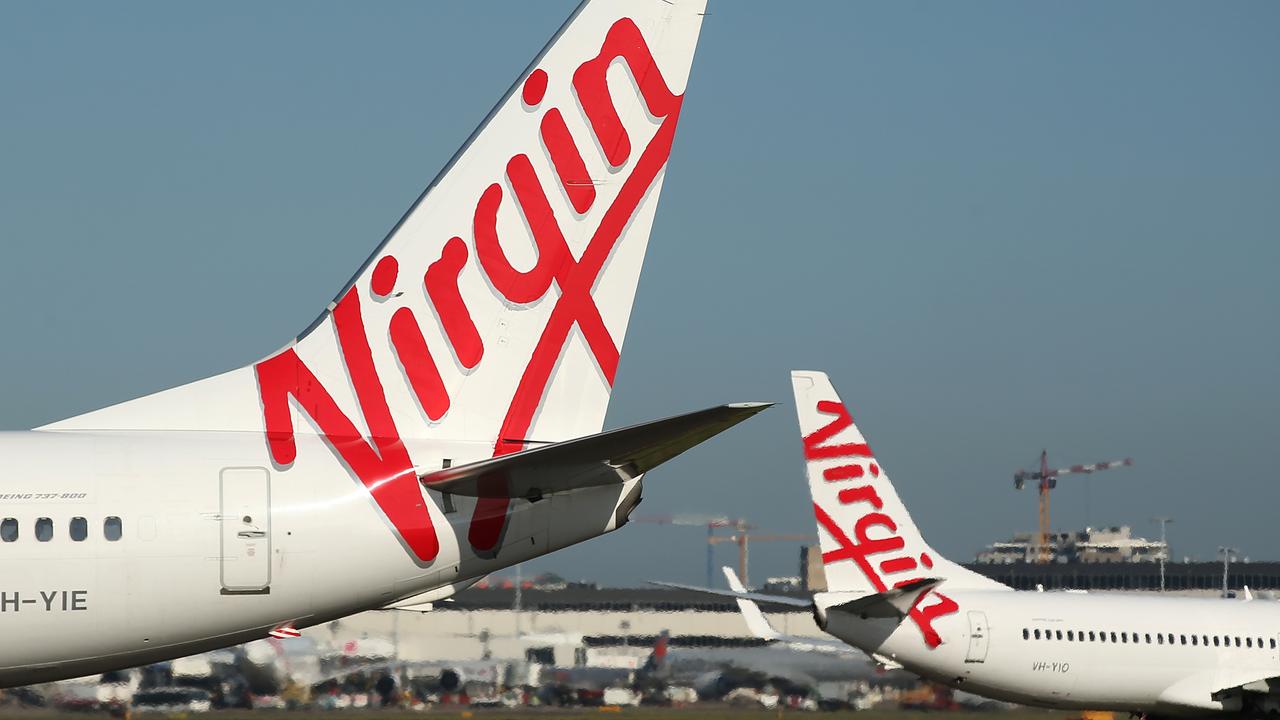PwC Tax scandal: Why the $1bn Project Kookaburra failed to fly
The failure of an audacious plan shows why it is so difficult to tackle the inherent conflicts inside the big four accounting firms.

Business
Don't miss out on the headlines from Business. Followed categories will be added to My News.
In late 2018 the then PwC boss, Luke Sayers, travelled to New York to pitch an audacious plan to PwC global chairman Bob Moritz to split the Australian businesses into two.
Local boss Sayers had seen the pain inflicted on banks through the Hayne royal commission and the plan would tackle, once and for all, the inherent structural conflicts involved in running an auditing and consulting business.
Sayers’ plan, dubbed Project Kookaburra, would have involved the sale of all of PwC’s fast-growing consulting arm – possibly to private equity and this meant the auditing arm would be able to generate more business with cash to upgrade technology. And without conflicts this would be PwC’s competitive calling card.
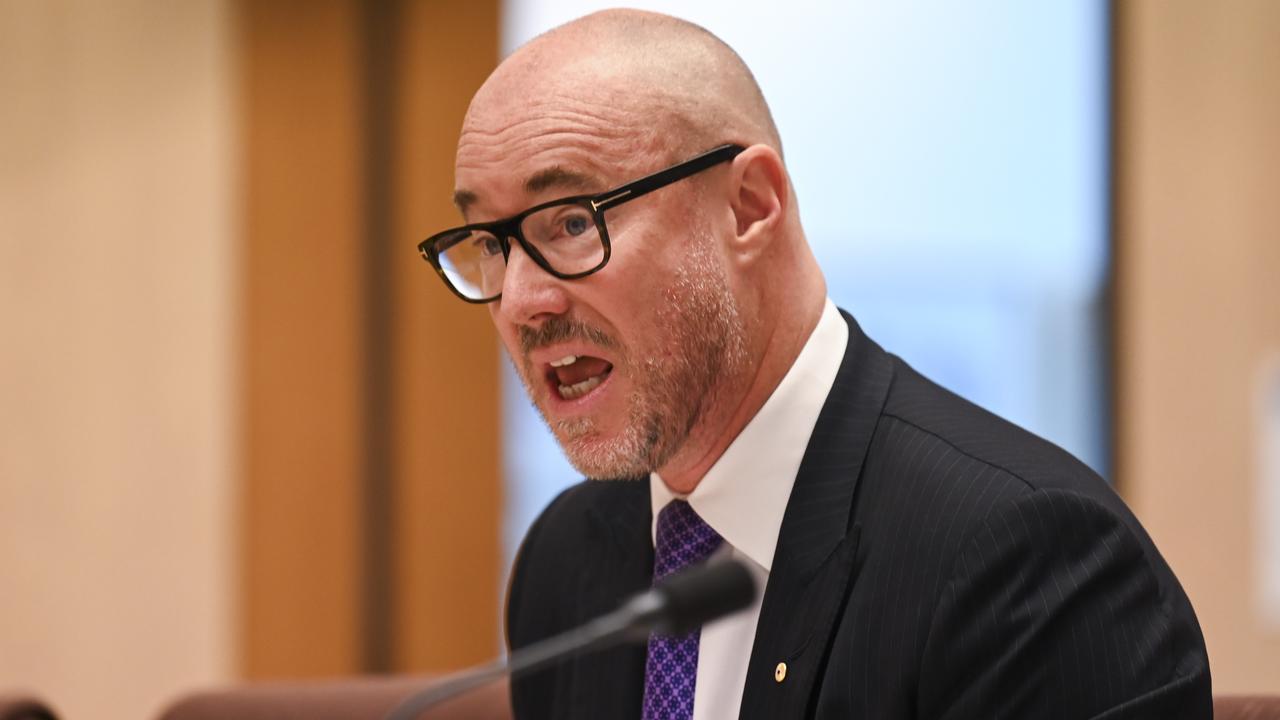
The consulting business that included tax and legal advice had a working value of around $1bn. Some 55 per cent of the earnings were generated from private or commercial clients and the balance (45 per cent) from the government consulting arm.
However, the pitch to carve off the entire consulting business was knocked back by PwC’s global leadership team. Sayers went back to Moritz and proposed a more modest spin-off of PwC’s government consulting arm so as to eliminate all conflicts in that business. This was also knocked back.
The government business that at the time carried a price tag of roughly $450m, was sold to private equity for $1 a few months ago after a tax advice scandal sent shockwaves through the Australian firm.
The government business, now named Scyne Advisory, which employs 1700 is being built by new owner Allegro Funds around a conventional corporate structure with an independent board and leadership. It is expected Allegro will eventually seek to list the company on the ASX.
It’s not only the loss of the value in the sale of Scyne Advisory, but it shows that mountains need to be moved when it comes to trying to untangle the conflicts inherent inside the big four accounting firms.
Project Everest
Four years after Project Kookaburra failed to fly, rival EY attempted to steer through its own split of the audit and consulting businesses. Dubbed Project Everest, the stakes were higher at EY, with the split to take place at a global level which would be the catalyst to force the entire audit industry to follow.
The EY plan was abandoned this year after failing to win support from global partners.
Sayers on Thursday faced two hours of grilling in a Senate hearing about what he knew and who was responsible for the damning tax scandal that has engulfed the firm and has enraged Canberra. The key players in the scandal are facing a police investigation while the firm is fighting for its own survival.
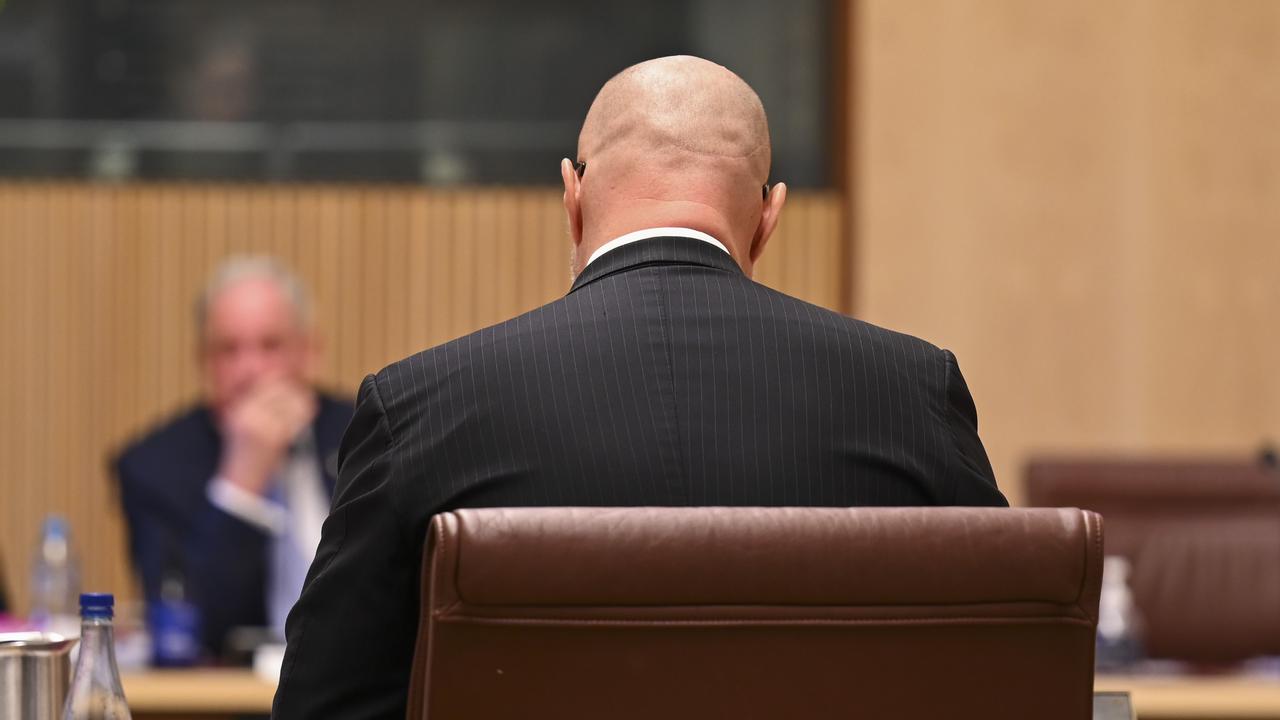
This was the first time Sayers, who was CEO for eight years until March 2020, had spoken at length about his time running PwC. He acknowledged his oversight fell short given the breaches of confidentiality occurred under his watch.
Sayers, who did not reject suggestions he earned $30m during his time at PwC, was badly bruised but not broken by Thursday’s interrogation.
At times he appeared evasive as he failed to recall or was unable to answer a number of questions, but he was able to see it through to the end.
Sayers these days runs a successful consulting firm that bears his own name. He is well connected among Melbourne’s political and business circles and counts former finance minister and now OECD secretary-general Mathias Cormann as a shareholder in his firm.
He told the Senate committee he had no visibility into rogue behaviour taking place inside PwC’s tax advice unit between 2013 and 2016. He also said the issue wasn’t raised by the ATO through a number of meetings, including disagreements on other matters.
“I did not know of breaches of confidentiality agreements in PwC’s Tax business until this year,” Sayers said. He too pointed out that PwC Australia wasn’t aware that confidentiality agreements had been breached until the Tax Practitioners Board began an investigation in 2021 – a year after he left.
Had he known, or if he were informed that confidential government information was being abused, Sayers said he would have ordered a full investigation
Still, he said “the breaches of confidence – and the failure to properly identify and address them – happened on my watch, and I apologise”.
“It was a breach of trust, it was wrong, and it should never have happened.”
A number of partners in PwC’s former government consulting business (not related to the tax advice business) have taken a big bet by splitting with the firm.
Partnership pain
No matter how many times PwC Australia’s new boss, Kevin Burrowes, apologises to the Australian public, there is a gnawing suspicion that his ability to fix the scandalised firm is limited by the structures that continue to govern it.
Burrowes was parachuted in by PwC’s global partners in recent months to fix the mess, and he has an immense job ahead.

His immediate goal is to stop the financial bleeding of PwC and to prevent the tax scandal from jumping into the global partnership.
Then he needs to work on overhauling culture and winning back the trust of clients, regulators and the public. It comes after it emerged a partner and others in the firm used confidential Treasury tax information to secure a competitive advantage for commercial clients, and it all went unchecked at the highest levels at PwC, including some offshore partners.
The big problem
But Burrowes, originally from PwC’s UK operations, is limited in the changes he can make, with the opaque partnership structure still the heart of the problem.
All the big four audit firms operate where the partners control the equity and share in the profits as well as the losses. This means the partners collectively have immense power in the running of the firm. In most cases the partners, not the board, appoint the chief executive and they have a say in all key decisions. At rival KPMG the partners appoint the chair, who in turn picks the CEO.
The structure is not unique to Australia but is more suited to a suburban doctor’s practice or local law firm – not a massively complicated company employing thousands of people that have deep client and government relations and needs to build a sophisticated risk-management and corporate culture.
A quirk of Australian rules means partnerships don’t come under oversight of corporate regulator ASIC and are instead overseen by a matrix of state regulations.

PwC is a member of a network of partnership firms, a similar structure its rivals use globally. Appearing at the same Senate committee probing PwC’s failures and the use of consulting firms by Canberra, Burrowes said he “cannot apologise strongly enough” for breaching the trust placed in PwC, adding he had let the Australian people down.
“We accept the justifiable questions this matter has raised about our trustworthiness and integrity, just as we commit to do better in the future,” he said.
Burrowes acknowledged the “repeated failure of leadership” contributed to an erosion of governance and has undermined professional and ethical standards.
“We do not underestimate the scale of the task ahead.”
Now himself partner of the Australian business, the question is: what is Burrowes’ appetite to really take on the local partners?
Switkowski probe
The recently released Ziggy Switkowski review into PwC Australia identified inherent problems of the partnership structure, including that the firm’s oversight board “lacked sufficient independence from the CEO and senior leaders of the firm”.
It said the board lacked genuine power and in some cases had been regarded as “ceremonial” or “toothless”, and the protection of partner interests trumped its intended role.
In its response to the Switkowski report, PwC Australia is installing three non-executive members to the board, including an independent chair. It has also promised to release full accounts – information usually closely guarded by the big four accounting firms – publicly by 2025.
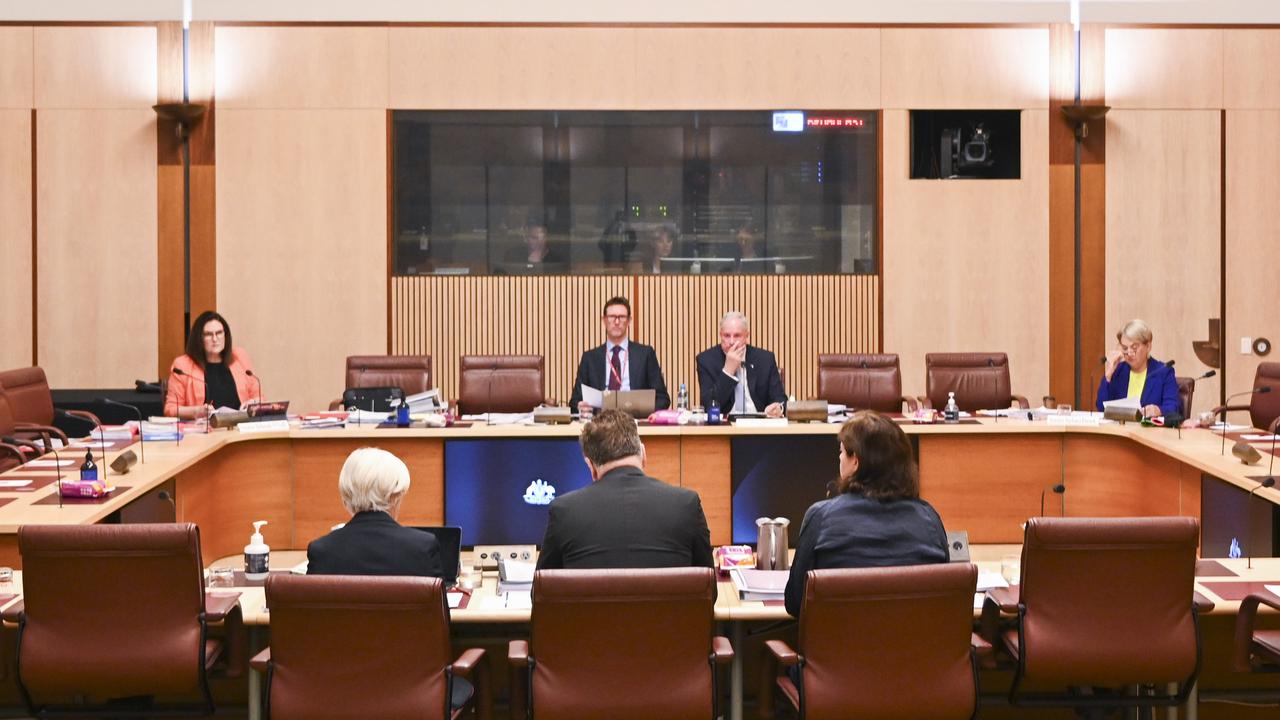
Burrowes identified three more areas of change needed. And to do this Burrowes needs the support of PwC’s Australian partners to agree to the reforms that stands to significantly diminish their power.
Changes include the ability to “claw back” bonus payments or lucrative pensions for partners that are found to have engaged in bad behaviour. Indeed, this remains a big frustration for accounting firm bosses.
“When someone does something wrong in our firm, and then they were to leave our firm, and we found that they have done something wrong, there is no mechanism by which I can do it,” Burrowes said.
“I regret that … please understand, I deeply regret that I cannot do (that).”
In addition, he wants to get more independent board members so they become a majority on the board. At the same time, the hiring and firing of a CEO needs to rest solely with the firm’s governance board, not all the partners, Burrowes said.
PwC and its new boss Burrowes has the potential to be a flagship for change among the big accounting firms, but they have the weight of partnership stacked against them.
More Coverage
Originally published as PwC Tax scandal: Why the $1bn Project Kookaburra failed to fly




